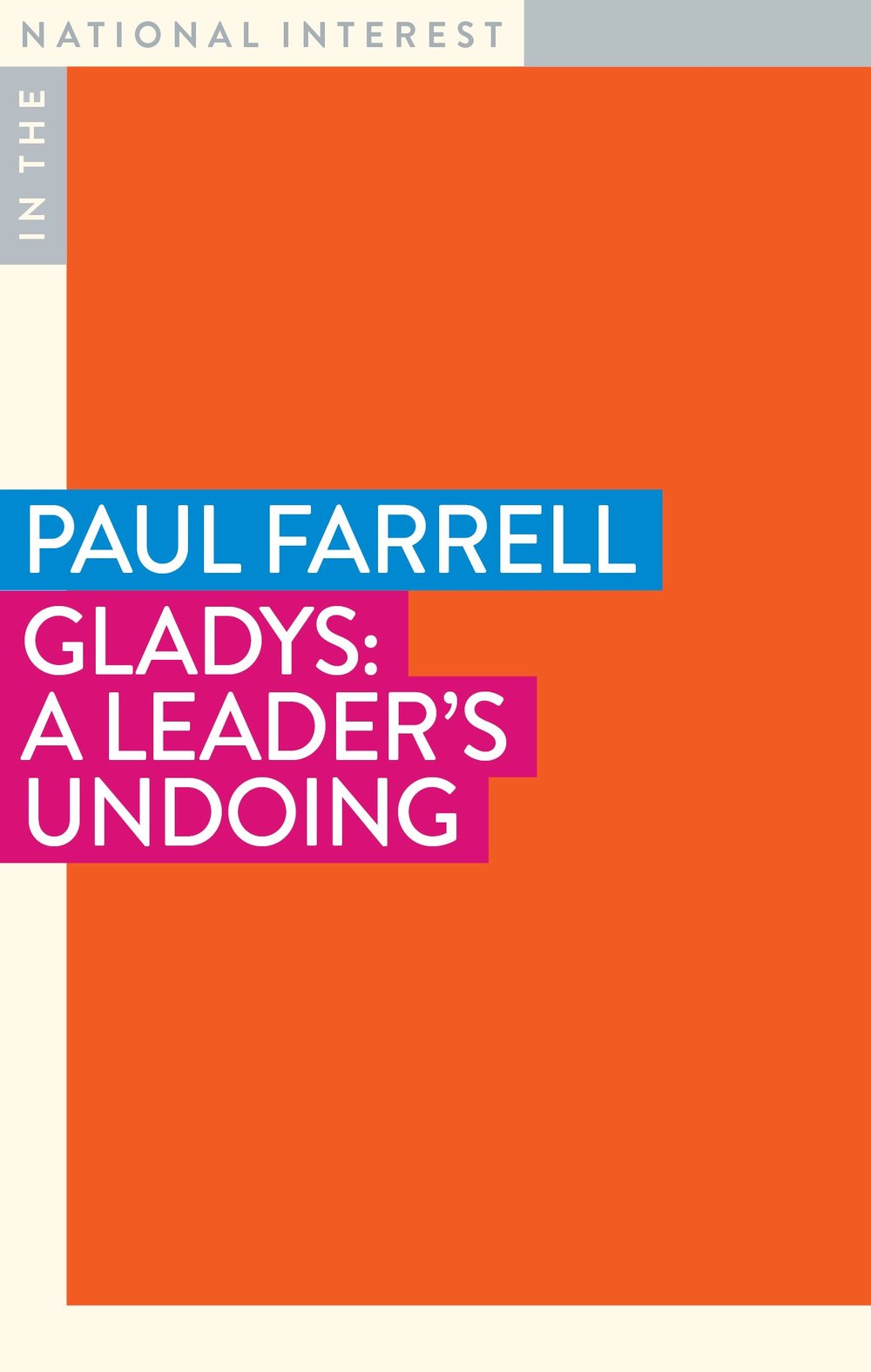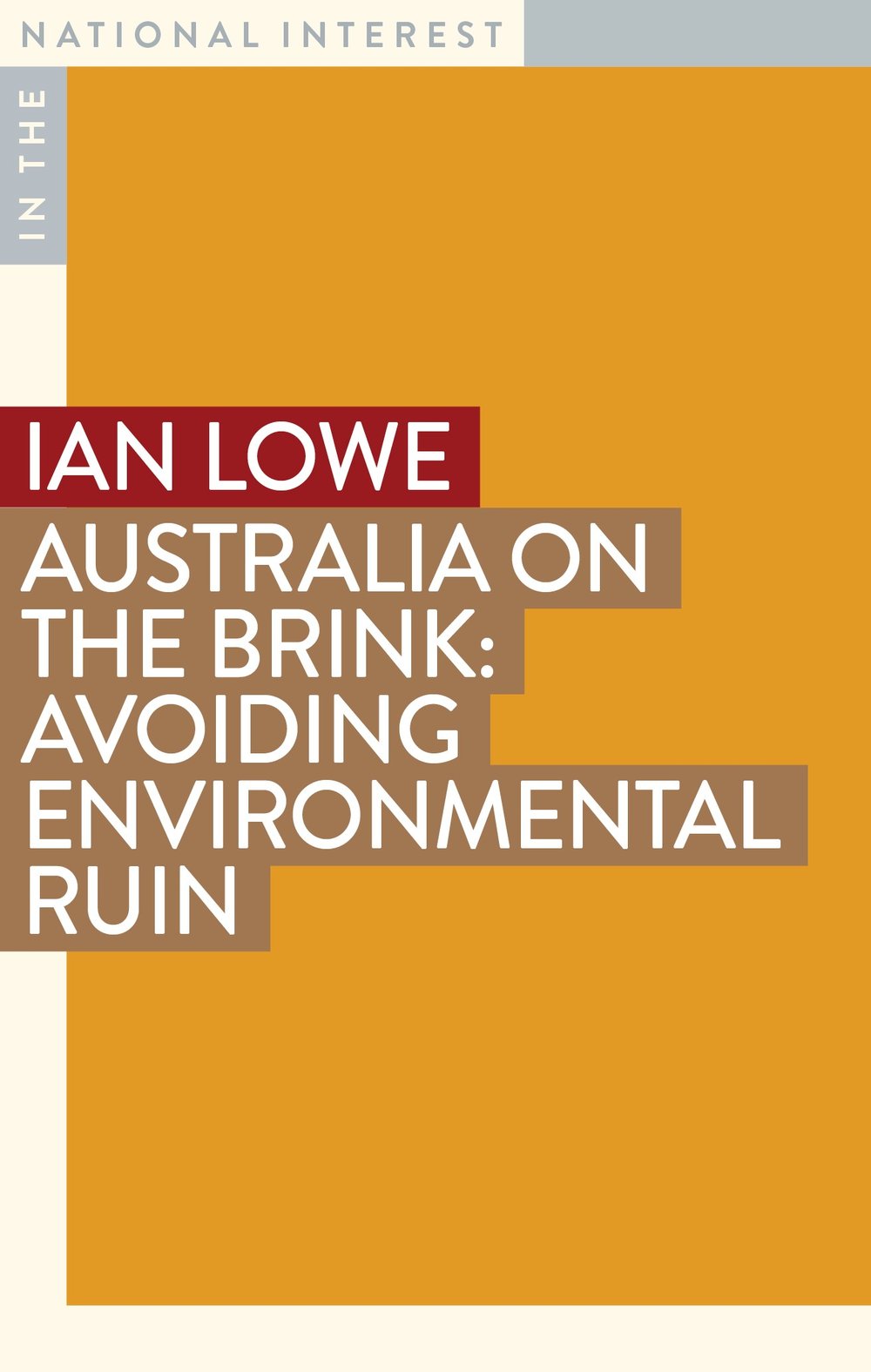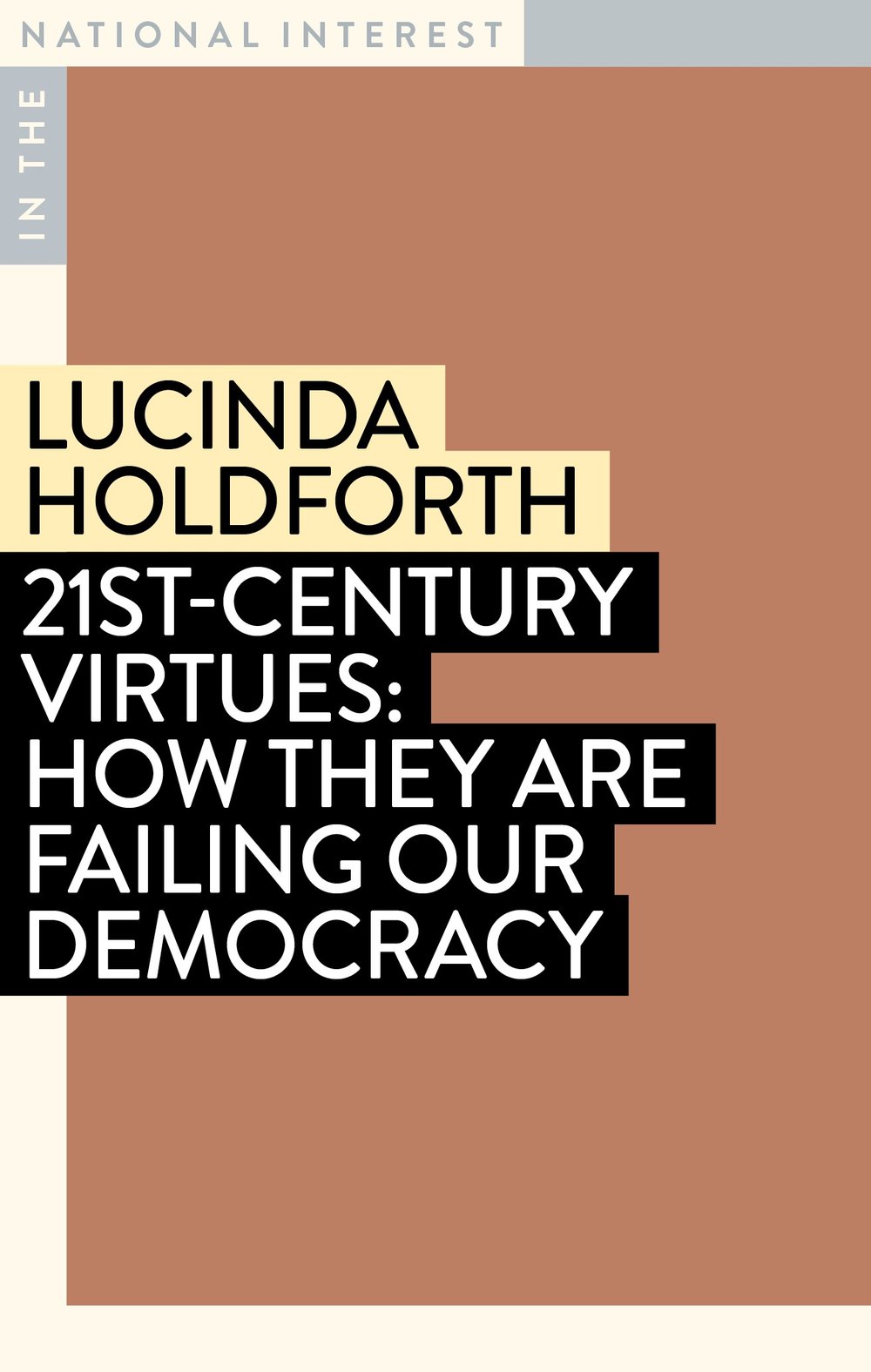Gladys
A Leader's Undoing

Depending on who you ask, former NSW premier Gladys Berejiklian is either seen as a feminist icon who was done over by a dud boyfriend, or a political player who did everything she could to cling to power. One thing not in dispute is that she has been at the centre of one of the biggest scandals in NSW political history, embroiled in a major corruption inquiry that also enveloped the man with whom she was in a secret relationship for five years.
In Gladys: A Leader’s Undoing, award-winning 7.30 journalist Paul Farrell takes us behind the scenes of the investigation that prompted Berejiklian’s resignation. He gives us a detailed account of how ICAC built its case against the former premier, and the romantic relationship that ended her political reign. And he explores how and why Berejiklian’s immense popularity as a powerful female leader in a male-dominated political party persisted despite the accusations against her.
This book also examines the arguments for and against corruption-fighting bodies such as ICAC at a time when trust in our political institutions is at the lowest level it has ever been, and it asks tough questions about the state of our democracy. At the centre of all this is the national importance of trust, honesty and integrity, and how much Australians are willing to tolerate when it comes to the behaviour of their leaders.

Paul Farrell is an award-winning investigative reporter with the Australian Broadcasting Corporation’s flagship current affairs program 7.30. He previously worked at The Guardian and BuzzFeed News, breaking major national and international stories. He led The Guardian’s Nauru files reporting team, which published thousands of pages of leaked documents from Australia’s offshore detention regime and won a number of journalism awards. He has also worked on global investigations led by the International Consortium of Investigative Journalists, including the Panama Papers and the HSBC tax files. He has reported extensively on the way in which politicians wield public funds for political purposes, and has extensively covered the intersection of tech and government, such as the Australian Government’s Robodebt program.






